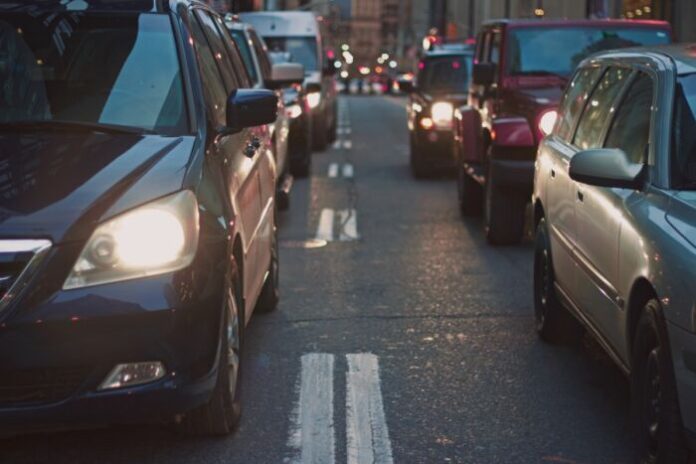
We are all responsible for the pollution of our planet, but the richest people pollute more than others to maintain their lifestyle. This is what emerges from the “Changing our ways? Behavior change and the climate crisis” of the Cambridge Sustainability Commission on Scaling Behavior Change, which explicitly invites policy makers to target the polluter elite” To trigger a shift to more sustainable behaviors and provide accessible and available low-carbon alternatives for poorer families “.
The UK’s Cambridge Sustainability Commission on Scaling Behavior Change is a panel of 31 scientists who study the behavior of people in relation to the environment and who have been tasked with finding the most effective way to step up action to tackle carbon emissions.
“While efforts to tackle the climate crisis will require all of us to change our behavior, the responsibility is not equally shared.” Evidence reviewed by the Cambridge Sustainability Commission shows that ‘Over the period 1990-2015, nearly half of the growth in absolute global emissions was due to the richest 10%, with the richest 5% alone contributing more than a third ( 37%)”.
The report is the latest in a lengthy discussion of what it means to be “fair” while tackling climate change. Poorer countries, such as India, have always argued that they should be allowed to increase their per capita pollution because it is much lower than the emissions of rich nations. And this is the real issue at the heart of the complicated negotiations underlying the climate summit next week organized by US President Joe Biden and the 26th Conference of the Parties of the United Nations Framework Convention on Climate Change (COP26) which is expected to take place in November in Glasgow.
While it is repeated like a mantra that we are all in the same boat, the report shows that in reality we should fight the “polluting elite”, the wealthiest citizens who “To keep the 1.5 ° C target alive, they must make the most radical changes to their lifestyles. To achieve this goal, the richest 1% of the world population must reduce their emissions by at least 30 times by 2030, while the poorest 50% of humanity could increase their emissions by three times the current level”.
The report shows that a combination of efforts to drastically reduce the carbon footprint of the richest and to build affordable, low-carbon infrastructure for housing, transport and energy for the poorest households provides the best way forward and stresses that ‘ Far from being competitive approaches, changes in individual behavior and systemic change are linked and can be positively self-reinforcing».
For the Cambridge Sustainability Commission, “a change in sustainable behavior is needed. If we want to avoid dangerous levels of global warming, in addition to changes in politics, in the provision of services and in technological innovation, far-reaching changes in lifestyles are also needed.”
The Rapid Transition Aliance recalls that “After a long period of neglect, sustainable behavior change is now considered an essential element in achieving ambitious climate goals, with governments including it as part of their climate policy initiatives to reach net zero. by 2050″.
The Cambridge Sustainability Commission on Scaling Behavior Change Commission report suggests a number of action points that include immediate measures to target elites who lead high-carbon lifestyles and to develop new infrastructure to make low-carbon choices easier for families. poor through targeted measures the hot spots of behavior regarding travel, energy, accommodation and food such as: levies on frequent flyers (thus abolition of facilities for passengers on return flights to the United Kingdom); bans on the sale and promotion of SUVs and other highly polluting vehicles; backtrack from the recent announcement by the British Conservative government that it wants to cut green subsidies for homes (Green Homes Grant) and electric cars; realize just transitions by supporting electric public transport and community energy programs.
Newell retorted in a BBC News interview: “We are totally in favor of technological improvements and more efficient products, but it is clear that more drastic action is needed, as emissions continue to rise. We need to cut back on overconsumption, and the best place to start is overconsumption among polluting elites who contribute far more than their share of carbon emissions. To tackle climate change, everyone must feel part of a collective effort, so this means that the rich must consume less to set an example for the poorest. “



































